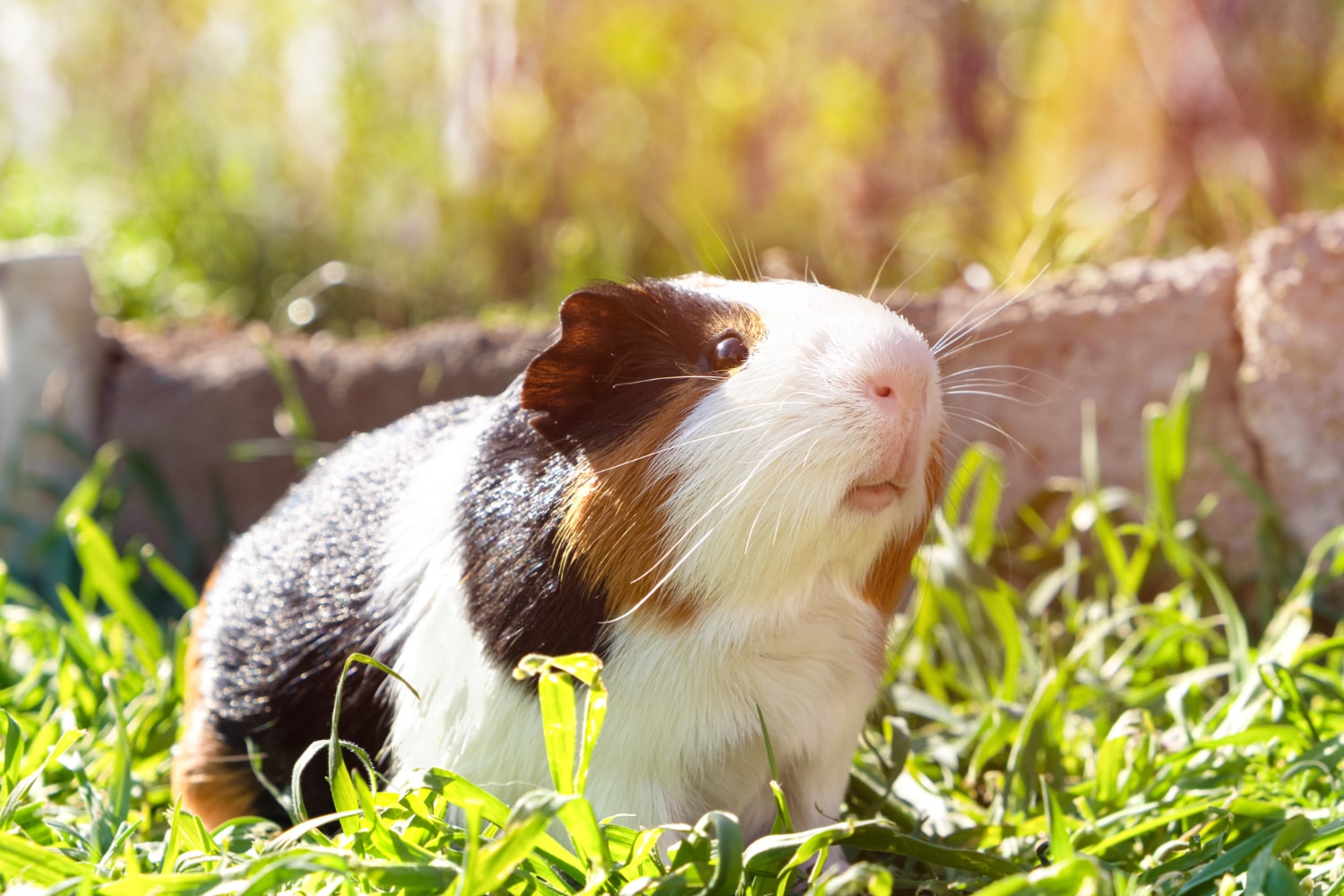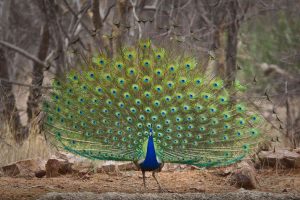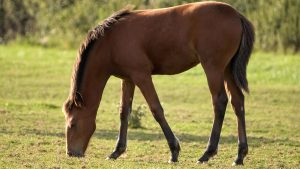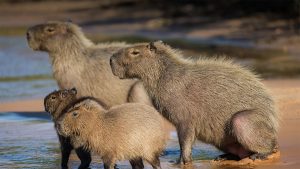
32 interesting facts about guinea pigs
- 👁️ 1048
Guinea pigs, also known as cavies, are small, sociable rodents that have become popular household pets. Native to the Andean region of South America, they were domesticated by the indigenous people of the area around 5000 BCE. Despite their name, guinea pigs are not related to pigs, nor are they from Guinea. They belong to the family Caviidae and are known for their gentle nature and distinctive squeaking sounds. With various breeds and colourful personalities, guinea pigs have a fascinating biology and history that often surprises those new to these delightful creatures.
Fascinating facts about Guinea Pigs:
- Guinea pigs are not pigs at all; they are rodents.
- They are herbivores, with a diet primarily consisting of hay, vegetables, and specially formulated pellets.
- Guinea pigs have a lifespan of 4 to 8 years, longer than many other small rodents.
- Unlike other rodents, guinea pigs cannot produce vitamin C, so they require a diet supplemented with this essential nutrient.
- There are thirteen recognised breeds of guinea pigs, each with distinct characteristics and coat types.
- They communicate using a series of sounds including purring, whining, and rumbling.
- Guinea pigs are social animals and can become lonely without a companion.
- They have four toes on their front feet but only three toes on their hind feet.
- Guinea pigs’ teeth continually grow throughout their life, requiring constant chewing to keep them at the proper length.
- They are known to “popcorn” or jump in the air when happy or excited.
- In the wild, guinea pigs live in groups called herds.
- Guinea pigs have been kept as pets in Western societies since the 16th century.
- Their eyesight is not particularly good, but they have well-developed senses of hearing and smell.
- The Incas domesticated guinea pigs more than 3,000 years ago, and they were considered sacred animals.
- Guinea pigs have been used in scientific research, leading to significant discoveries, such as the role of vitamin C in preventing scurvy.
- Pregnant guinea pigs are referred to as “sows,” males are called “boars,” and young are known as “pups.”
- Guinea pigs are crepuscular animals, meaning they are most active during dawn and dusk.
- They are very clean animals and often groom themselves and each other.
- Guinea pigs have a gestation period of around 59 to 72 days, relatively long for a rodent.
- Litters usually consist of 1 to 6 pups, although larger litters have been recorded.
- Newborn guinea pigs are precocial, meaning they are born with fur, teeth, and open eyes, and can eat solid food within a day.
- The average adult guinea pig weighs between 700 and 1200 grams.
- Guinea pigs played an essential role in traditional Andean folk medicine and ceremonies.
- The scientific name for a common guinea pig is Cavia porcellus, with Cavia being Latin for “cavy.”
- In Switzerland, it’s illegal to own just one guinea pig due to their need for social interaction.
- While guinea pigs enjoy gentle handling, they are prey animals and may be timid, especially around new people or environments.
- Their name might have been derived from the sound they make, which is similar to a pig’s squeal, and the price of a guinea (an old British coin) for which they were sold.
- Guinea pigs can recognise and respond to their owners and even distinguish them from other people.
- They are not very adept climbers, and they generally keep all four feet on the ground.
- Guinea pigs play a vital role in the diet in parts of South America, where they are raised as food.
- Hairless breeds of guinea pigs, such as the Skinny Pig, exist and require special care to keep their skin healthy.
- They often perform a behaviour known as “coprophagy,” where they consume certain types of their own faeces to absorb nutrients.
Guinea pigs are delightful creatures, full of quirks and surprises. Their gentle disposition and unique characteristics have endeared them to pet owners around the world. Whether serving as cherished companions or contributing to scientific advancements, guinea pigs have left an indelible mark on human society. Their care requires understanding and attention to their specific needs, but the reward is the joy and companionship that these lovable rodents bring into the lives of those who care for them.











